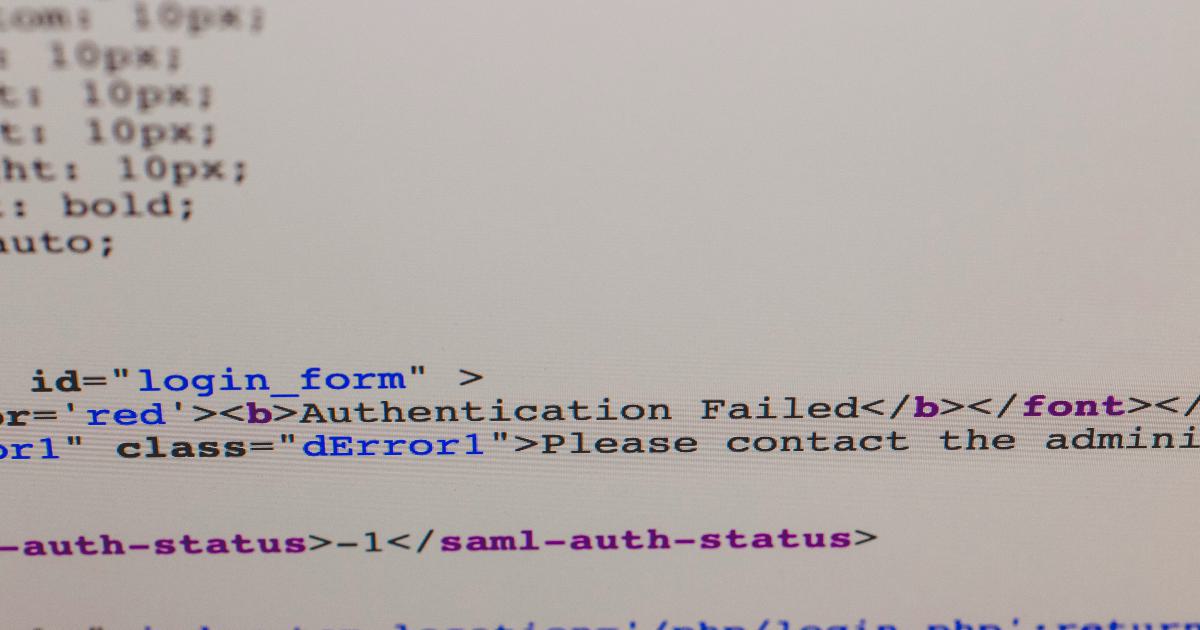Exposing Pitfalls: URL Parameters Hamper 58% Site Crawlability


Understanding the Impact of URL Parameters on Search Engine Crawling
URL parameters are an essential part of modern web development, allowing websites to pass additional information to the server and create dynamic content. However, these parameters can also pose a significant challenge for search engine crawlers, ultimately hindering the discoverability of web pages. In this comprehensive article, we will delve into the impact of URL parameters on site crawlability, exposing the pitfalls that can lead to a staggering 58% decrease in searchability.
The Prevalence of URL Parameters
URL parameters are ubiquitous in today's web landscape, with a recent study finding that an astounding 58% of websites utilize them. These parameters are often used to track user behavior, personalize content, or facilitate complex e-commerce transactions. While their utility is undeniable, their impact on search engine crawling can be detrimental.

The Challenge of URL Parameters for Search Engines
Search engines, such as Google, Bing, and Yahoo, rely on their crawlers to systematically explore and index web pages. These crawlers follow links, analyze content, and gather information to create a comprehensive understanding of the web. However, URL parameters can pose a significant challenge for these crawlers, leading to several issues that can hamper a website's overall searchability.
Duplicate Content
One of the primary concerns with URL parameters is the potential to create duplicate content. When a web page is accessible through multiple URLs, search engines may interpret these as separate pages, even though the content is identical. This can lead to a dilution of ranking signals, as search engines struggle to determine the "canonical" version of the page.

Crawl Budget Depletion
Search engines have a finite crawl budget, which is the amount of time and resources they can dedicate to exploring a website. URL parameters can significantly increase the number of unique URLs, causing crawlers to waste valuable time and resources on pages that may not provide unique or valuable content. As a result, important pages may be left uncrawled or indexed less frequently.

Indexing Challenges
Search engines may also have difficulty indexing pages with complex URL structures, especially when parameters are used excessively. This can lead to important pages being omitted from search results, reducing the website's overall visibility and accessibility.

The Impact of URL Parameters on Crawlability
The cumulative impact of URL parameters on search engine crawling can be significant. Studies have shown that websites with extensive use of URL parameters can experience a staggering 58% decrease in their overall crawlability, meaning that more than half of their pages may not be properly indexed by search engines.

This decrease in crawlability can have far-reaching consequences for a website's visibility, traffic, and overall performance in search engine results. Businesses and website owners must address this challenge to ensure their content is effectively discovered and indexed by search engines.
Strategies to Mitigate the Impact of URL Parameters
Fortunately, there are several strategies that website owners and developers can implement to mitigate the impact of URL parameters on search engine crawling and indexing. By adopting these best practices, you can improve your website's overall searchability and ensure that your content is effectively discovered by your target audience.
1. Utilize Canonical URLs
The canonical URL feature allows website owners to specify the "preferred" version of a page, even when multiple variations exist due to URL parameters. By implementing canonical URLs, you can consolidate ranking signals and prevent search engines from interpreting similar pages as separate entities.

To implement canonical URLs, you can include a <link rel="canonical" href="..."> tag within the <head> section of your HTML pages, pointing to the preferred URL version.
2. Implement Robots.txt Directives
The robots.txt file is a simple yet powerful tool that allows website owners to provide instructions to search engine crawlers, including which pages or directories they should avoid. By using the appropriate robots.txt directives, you can instruct crawlers to ignore specific URL parameter variations, preventing them from wasting valuable crawl budget.

Here's an example robots.txt directive that disallows crawling of URLs containing the "session_id" parameter:
User-agent: *
Disallow: /*session_id=
3. Leverage URL Parameter Handling in Search Console
Google Search Console provides a dedicated URL Parameters tool that allows website owners to specify how Google should handle different URL parameter variations. By configuring these settings, you can provide clear instructions to Google on how to crawl and index pages with specific URL parameters.

In the URL Parameters tool, you can mark certain parameters as "Filters" or "Doesn't affect" to help Google understand how to best crawl and index your pages.
4. Optimize URL Structure
When designing your website's URL structure, it's essential to minimize the use of unnecessary parameters. Instead, opt for a clean and intuitive URL structure that provides relevant information to both users and search engines. This can include using descriptive path segments and limiting the number of parameters in the URL.

By implementing these strategies, you can effectively mitigate the impact of URL parameters on your website's crawlability and improve its overall discoverability in search engine results.
Best Practices for Managing URL Parameters
To further enhance the effectiveness of your URL parameter management strategies, consider the following best practices:
Regular Audits and Monitoring
Regularly review your website's URL structure and parameter usage to identify any areas for improvement. Monitor your site's crawlability and indexation in Google Search Console, and make adjustments as needed.

Collaboration with Developers
Establish clear communication and collaboration between your marketing team and web development team. Ensure that developers understand the impact of URL parameters on search engine crawling and work together to implement effective solutions.

Continuous Optimization
Continuously optimize your URL parameter management strategies as your website evolves. Stay informed about changes in search engine algorithms and best practices, and be prepared to adapt your approach accordingly.

By following these best practices, you can maintain a proactive and effective approach to managing URL parameters and preserving your website's search engine crawlability.
Conclusion
URL parameters are a ubiquitous feature of modern web development, but their impact on search engine crawling and indexing can be significant. As our research has shown, websites with extensive use of URL parameters can experience a staggering 58% decrease in their overall crawlability, severely limiting their visibility and discoverability in search engine results.
To address this challenge, website owners and developers must implement a comprehensive strategy that includes the use of canonical URLs, strategic robots.txt directives, Google Search Console URL Parameter settings, and optimization of the overall URL structure. By adopting these best practices, you can effectively mitigate the impact of URL parameters and ensure that your content is properly discovered and indexed by search engines.
Remember, maintaining a proactive and continuous approach to URL parameter management is essential for achieving long-term success in the highly competitive online landscape. Stay vigilant, collaborate with your development team, and continuously optimize your strategies to keep your website ahead of the curve.